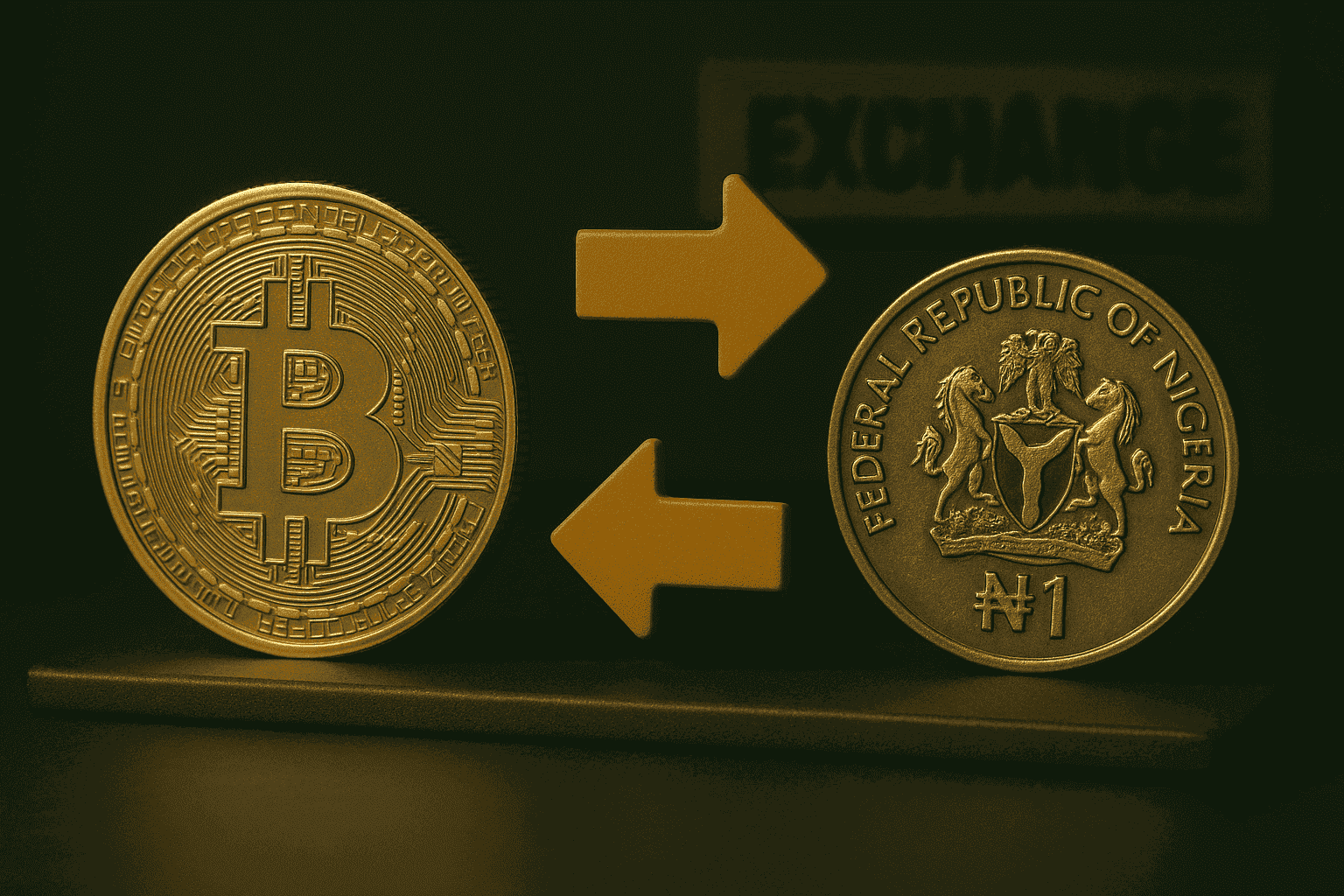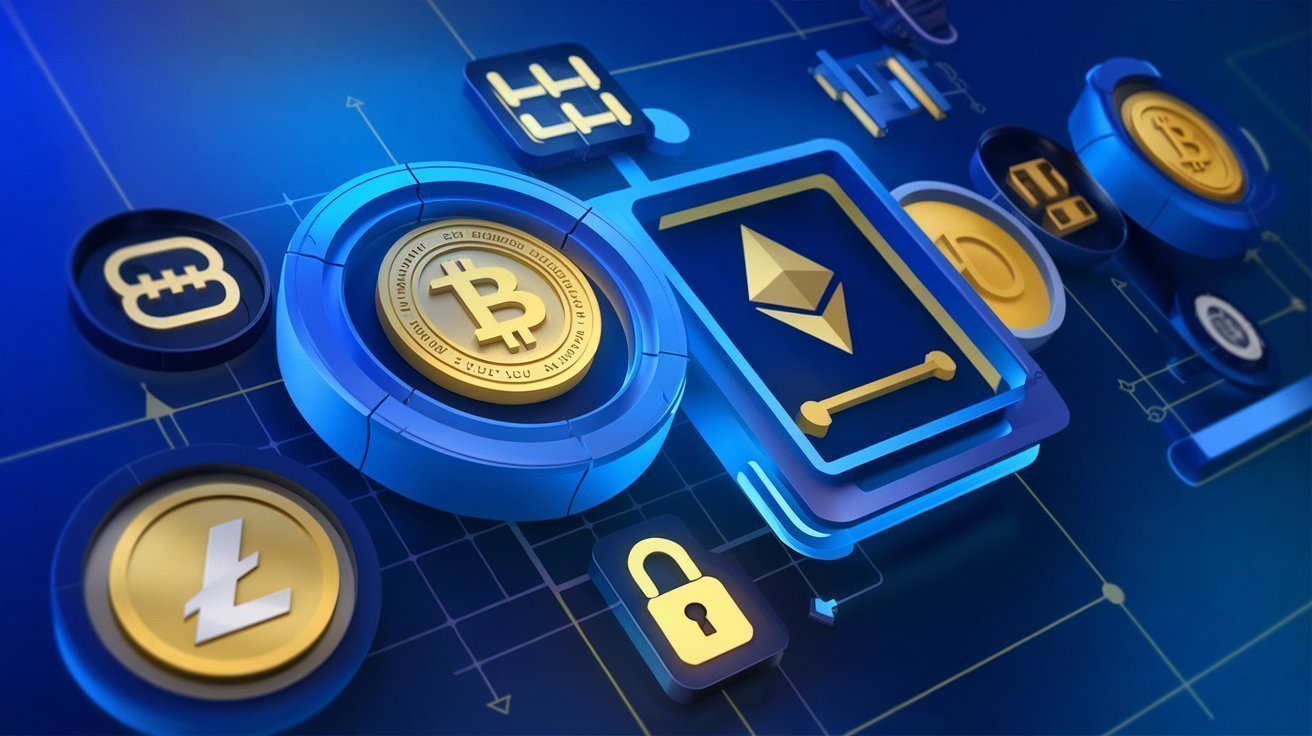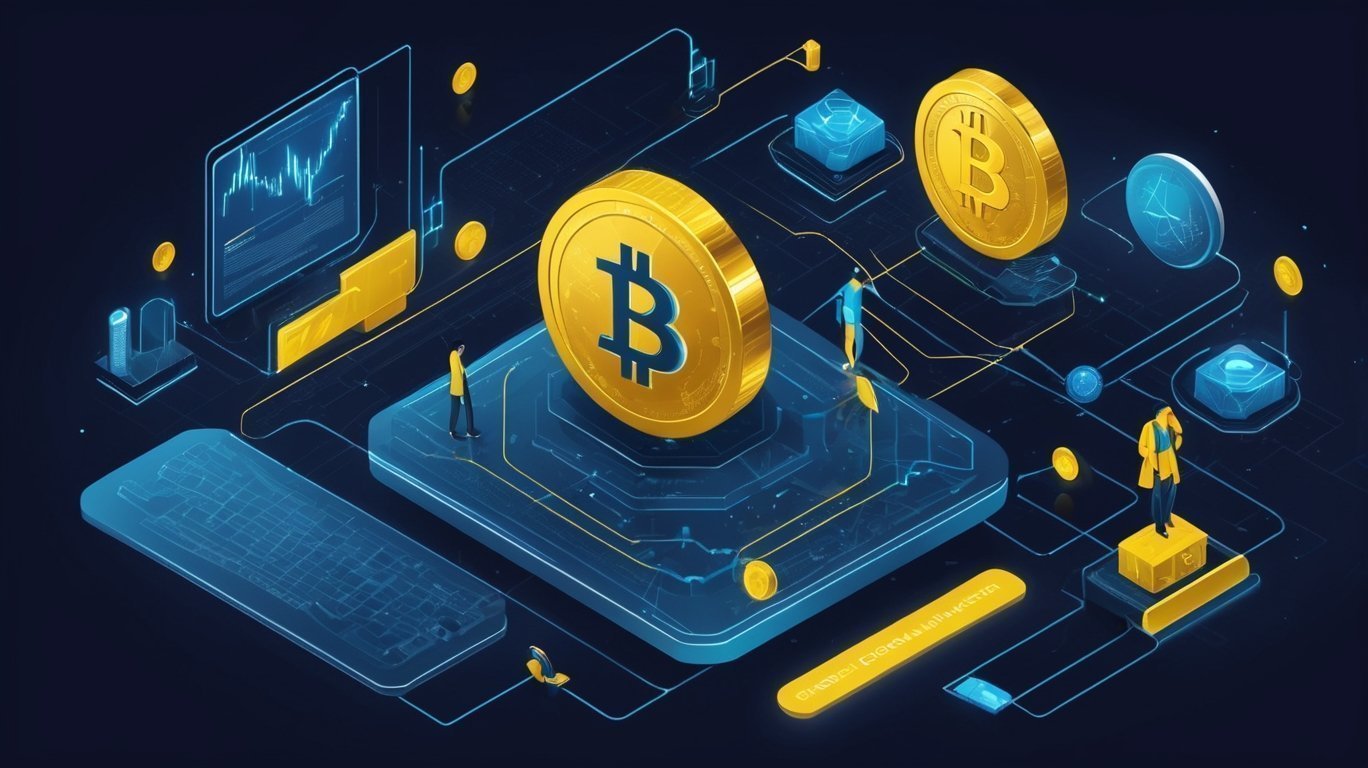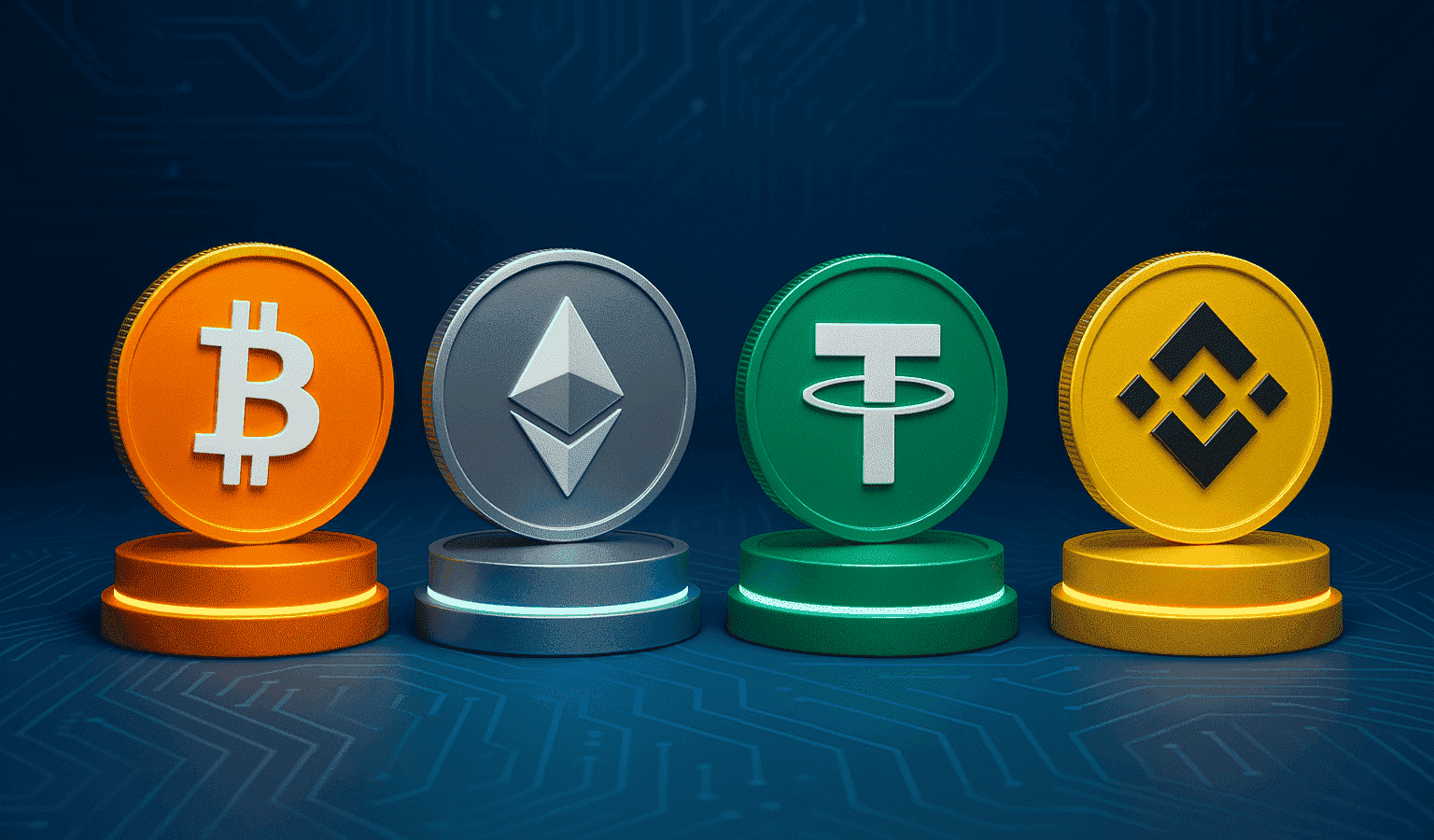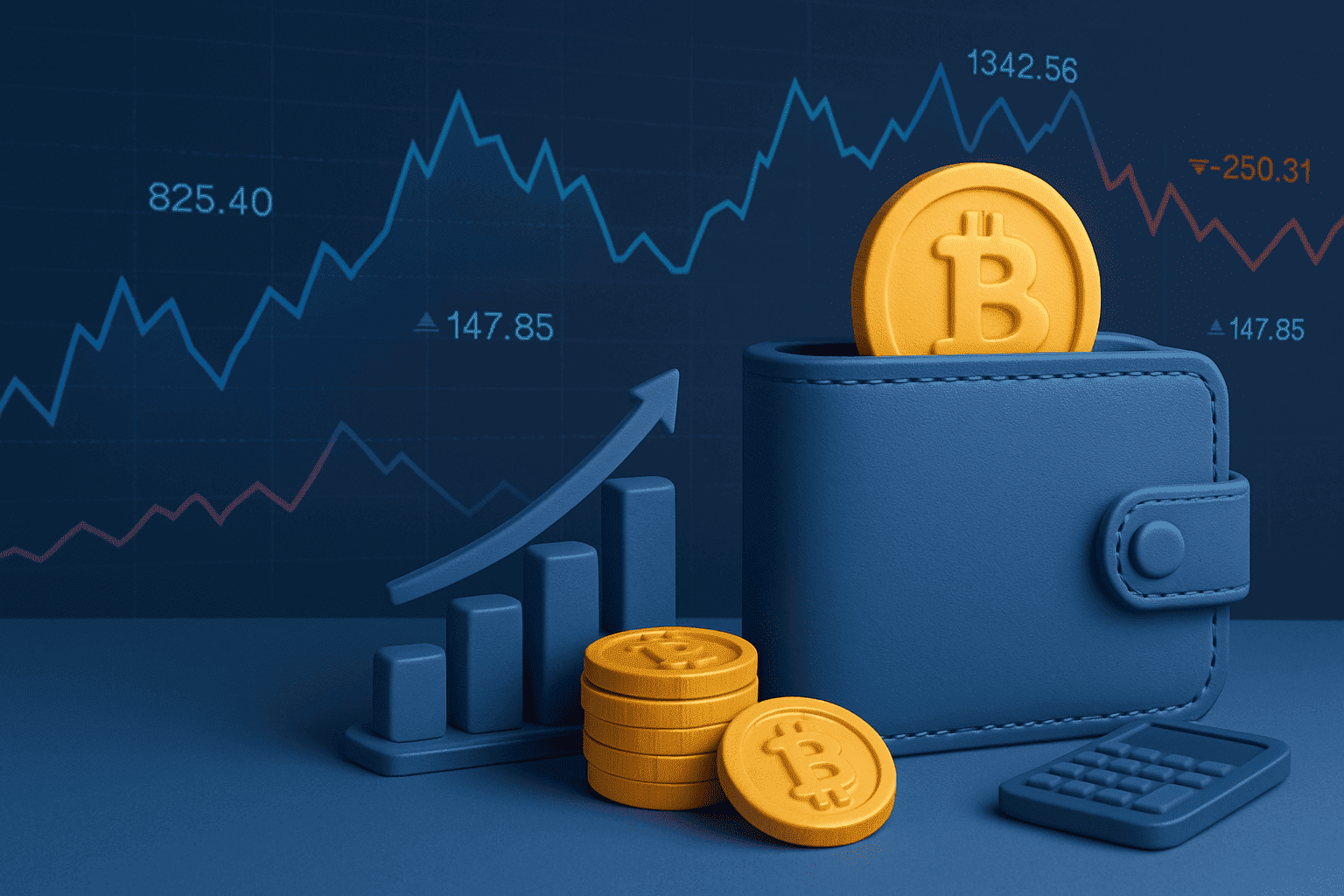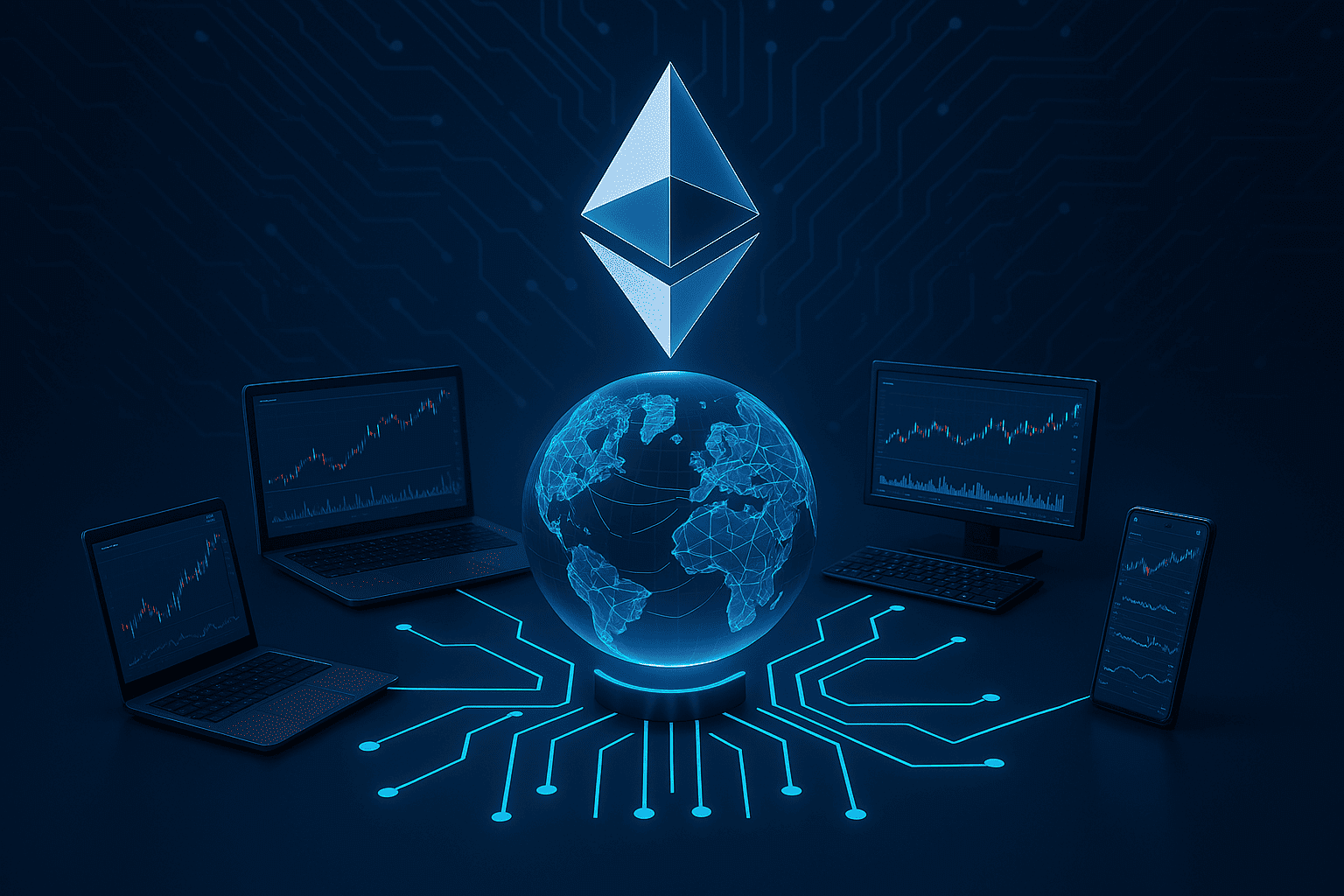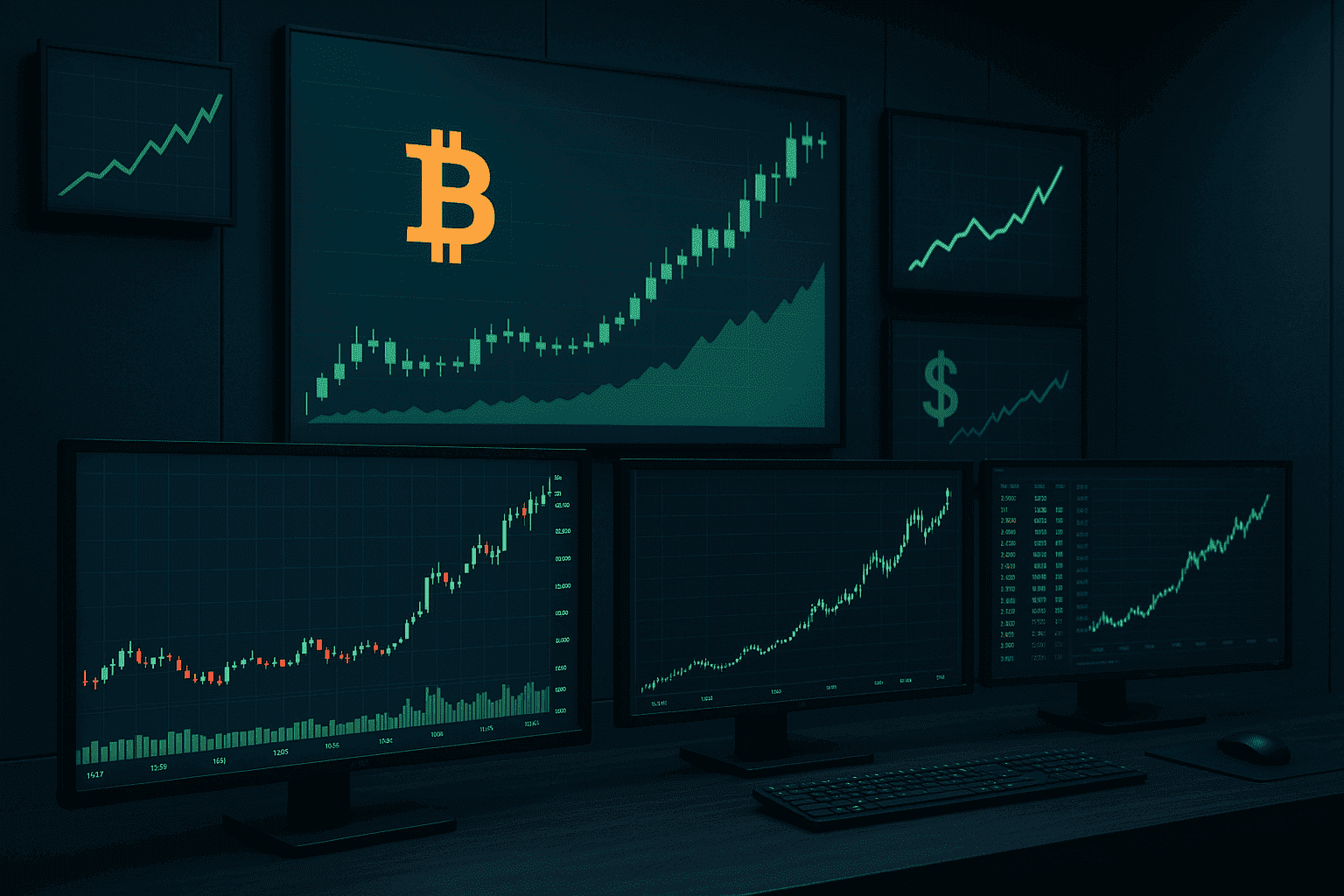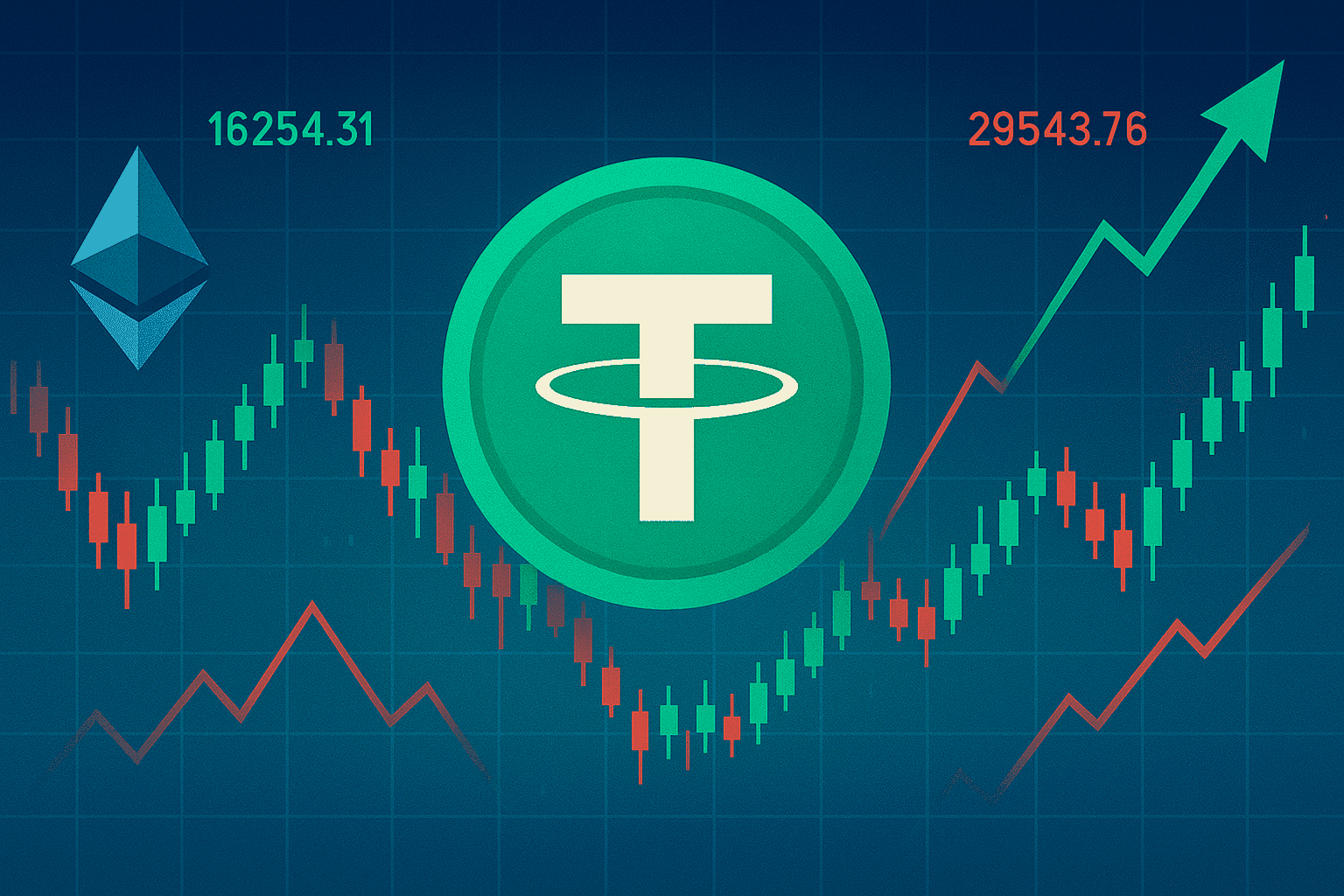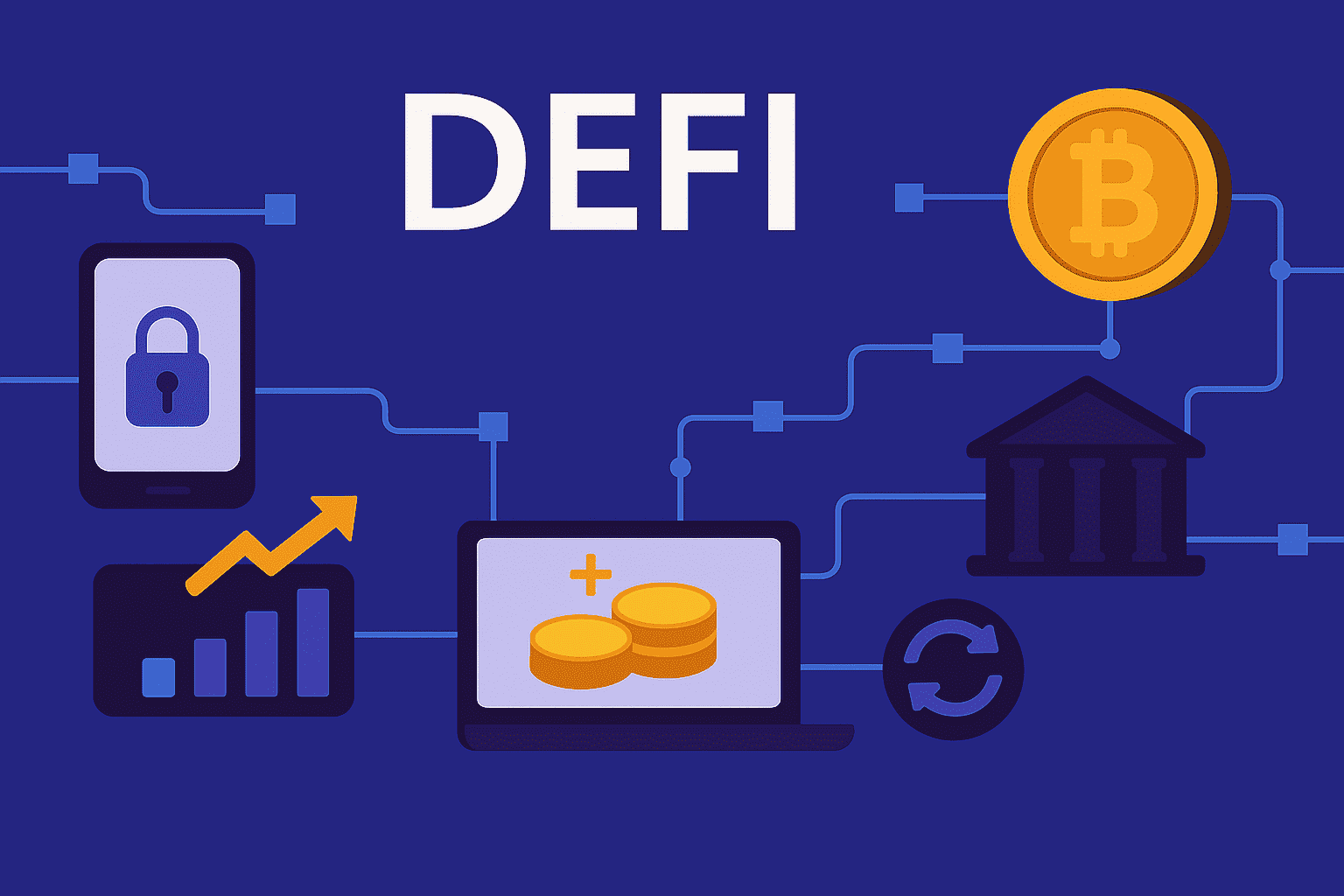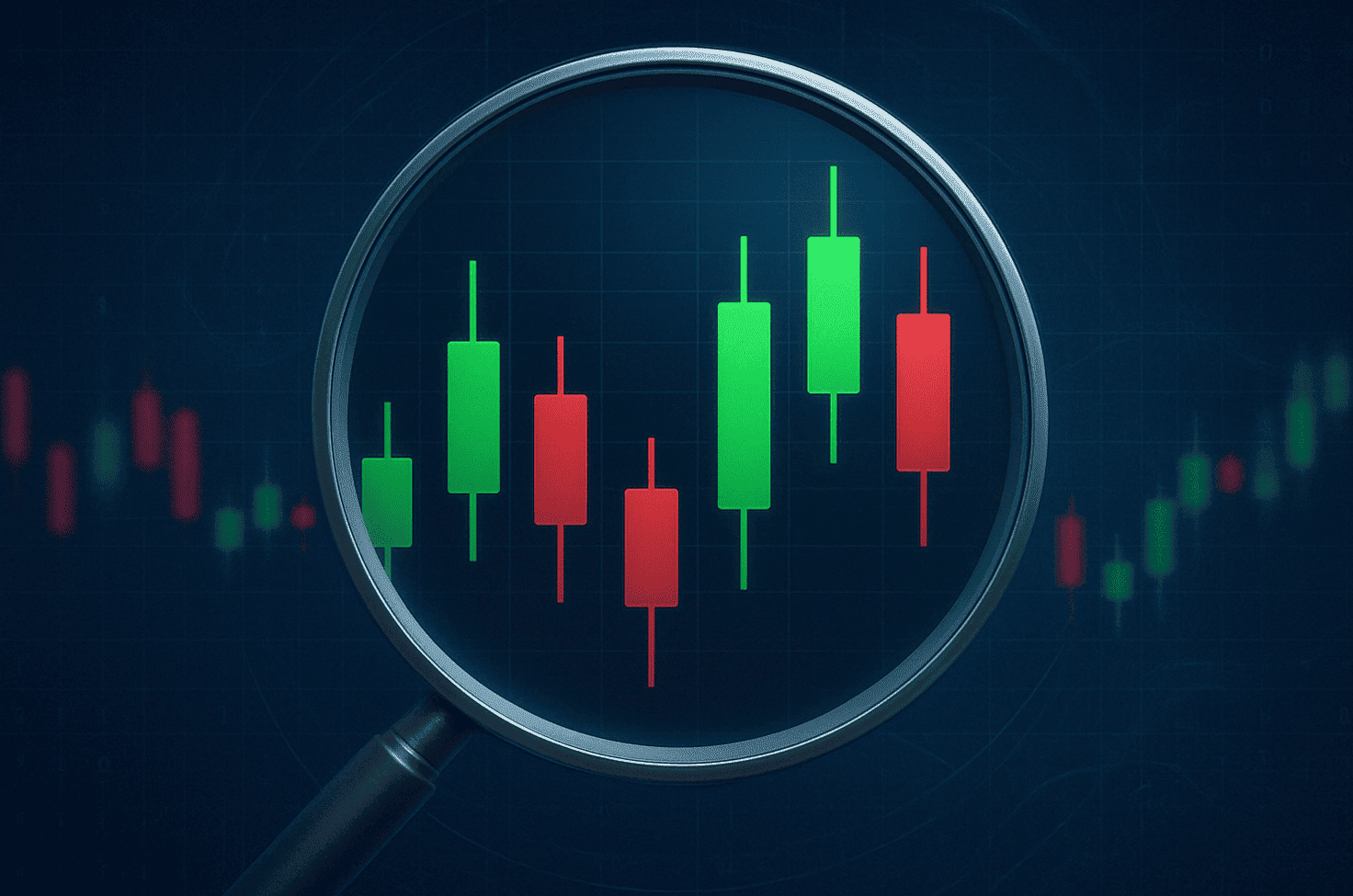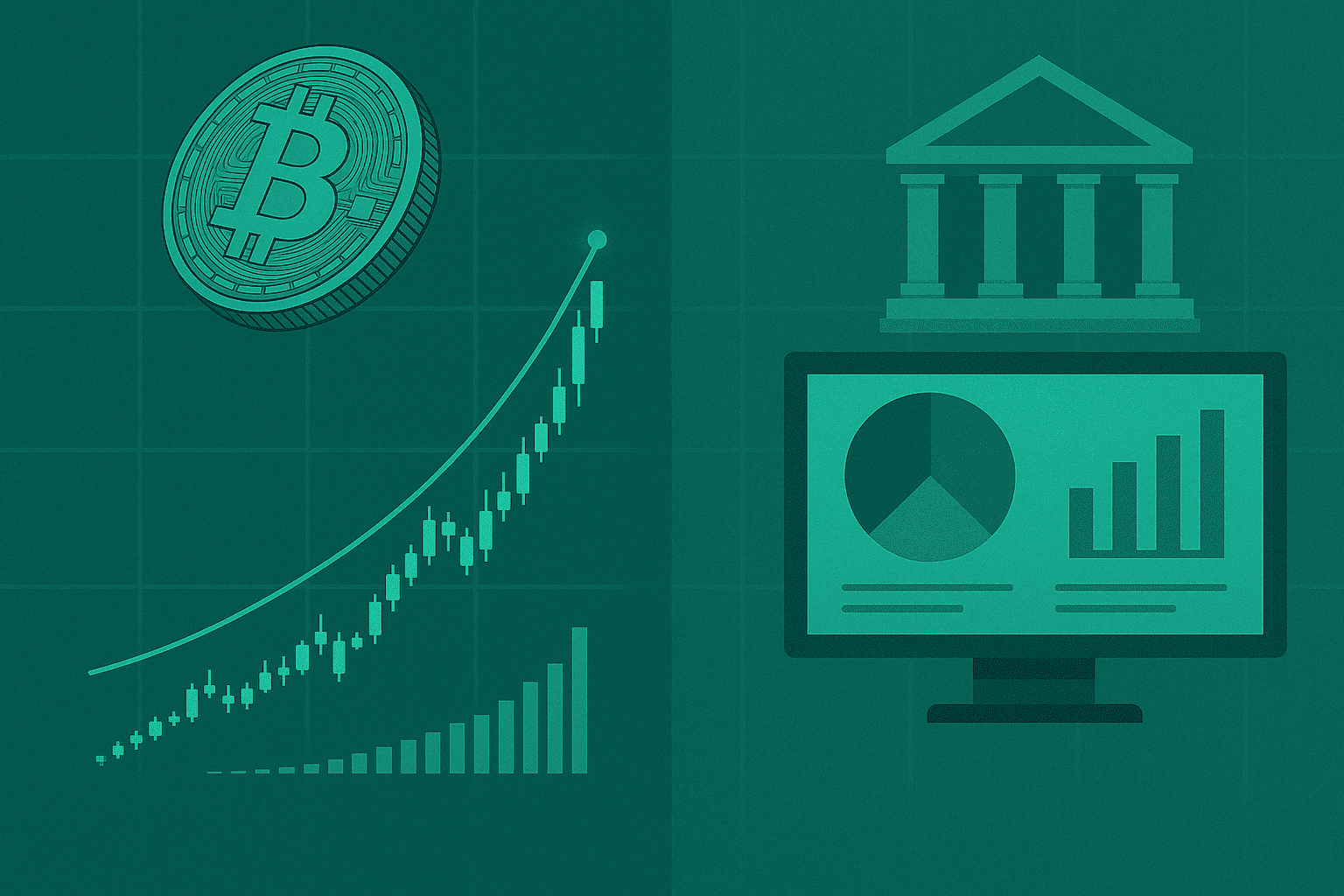This long-form guide explains how to exchange fiat to crypto and back in Nigeria safely and efficiently. You will learn how different service types work, how to compare fees and limits, which NGN payment methods matter in practice, and how to pick a platform that fits your use case. For quick navigation, we include contextual links to ExFinder, where you can browse exchange services that support the Nigerian naira (NGN).
Why Crypto Exchange Is So Popular in Nigeria
Nigeria’s crypto community has grown rapidly thanks to strong mobile adoption, cross-border payment needs, and the desire to preserve value through digital assets. As more users enter the market, demand rises for clear, trustworthy tools to convert between crypto and NGN without unnecessary friction. This pushes platforms to compete on price transparency, speed, and local payment rails.
Newcomers typically ask where to buy Bitcoin at a fair total price and how to sell USDT for naira quickly. The decisive factor is often the all-in cost and the time to settle fiat. If you want a filtered list of services and directions that match your situation, the catalog on ExFinder is a convenient starting point.
Service Types: CEX, Non‑custodial Swaps, P2P, and DEX
Centralized Exchanges (CEX)
These platforms require an account and identity verification and typically hold funds in exchange wallets. They are suitable for active trading, higher volumes, and using order books. Benefits include market depth, liquidity, and advanced tools. Tradeoffs include mandatory KYC, stricter NGN checks, and occasional withdrawal limits.
Non‑custodial Instant Exchangers
Aggregators search for an optimal rate and swap directly between your wallets. The upside is speed and simplicity without custodial storage. The downside is higher conversion margin than on order-book exchanges and stricter per-trade limits.
P2P Marketplaces
Peer-to-peer platforms match buyers and sellers directly and usually provide escrow and dispute rules. You agree on the rate and payment method with the counterparty. The appeal is local flexibility and payment diversity; the risk is the need to verify profiles, reviews, and conditions carefully.
Decentralized Exchanges (DEX)
DEXs enable on-chain swaps inside compatible networks via liquidity pools. To cash out to NGN you still need an on/off-ramp or a P2P leg. DEXs are best used for token-to-token swaps within the crypto ecosystem rather than direct fiat conversion.
Tip: if your main goal is a quick fiat-to-crypto conversion with minimal steps, look for platforms that support Nigerian banks, offer clear limits, and disclose total fees. You can shortlist candidates with the currency filters on ExFinder.
Step-by-Step: How to Exchange Cryptocurrency in Nigeria
- Define your direction and amount: buying BTC/USDT with NGN or selling crypto to NGN, including estimated network fees.
- Pick a service type: for large sums and trading tools choose a CEX; for quick swaps choose a non‑custodial exchanger; for local payment options and flexible rates consider P2P.
- Check the full cost: trading fee, conversion margin, deposit/withdrawal charges, and network fees.
- Complete KYC if required: higher verification tiers often unlock better limits and faster NGN payouts.
- Select your payment method: local bank transfer, cards, or mobile wallets, depending on platform support.
- Confirm details: enable two-factor authentication, verify bank details, and never share one-time codes.
- Track the status: keep receipts and transaction IDs to resolve potential disputes quickly.
When speed matters, jump from a comparison page straight to the route you need. Bookmark this article and use the marketplace overview at ExFinder to save time.
Comparison Framework: Criteria and Table Template
Finding the best crypto exchange in Nigeria is not just about the headline fee. Consider limits, payment restrictions, processing time, NGN coverage, and user ratings. Below is a template table you can adapt for a listing page with real data.
| Service | Fee | Processing Time | Available Currencies | NGN Pairs | Limits | User Rating |
|---|---|---|---|---|---|---|
| Exchange A | 0.1%–0.3% + margin | Instant — 30 min | BTC, ETH, USDT, USDC, SOL | BTC/NGN, USDT/NGN | 10 to 10,000 USD eq. | 4.7 / 5 |
| Exchange B | 0.2% fixed | 5–60 min | USDT, BTC, ETH, TRX | USDT/NGN, ETH/NGN | 5 to 5,000 USD eq. | 4.5 / 5 |
| Exchange C (P2P) | 0% service (ad-hoc rate) | Depends on counterparty | USDT, BTC, BUSD | USDT/NGN | Individual | 4.3 / 5 |
Consider adding columns for supported USDT networks (TRC‑20, ERC‑20, BEP‑20), KYC tiers, supported banks, and mobile app availability. If you need live offers in one place, filter options on ExFinder.
Pros and Cons by Approach
Centralized Exchanges
- High liquidity for large trades with tighter spreads.
- Advanced tools: market/limit orders, margin, futures, APIs.
- Security tooling, auditing, and segregated storage.
Tradeoffs for CEX
- Mandatory KYC/AML with stricter checks on NGN flows.
- Separate deposit/withdrawal charges and network fees.
- Custodial risk mitigated by 2FA and hardware wallets.
P2P Marketplaces
- Flexible rates and broad local payment coverage.
- Escrow protection and dispute processes.
Tradeoffs for P2P
- Due diligence required on profiles, reviews, and volume history.
- Possible timing issues from bank schedules or slow counterparties.
Non‑custodial Instant Exchangers
- Minimal steps from quote to settlement without a full account.
- Clear “amount you receive” for budgeting.
Tradeoffs for Instant Services
- Conversion margin often higher than order-book trades.
- Lower limits and fewer NGN payment options in some cases.
Choosing a Platform: A Practical Checklist
- Reputation and transparency: uptime track record, bug bounties, status pages, and security reports.
- Total cost: trading fees, spread/margins, network fees, and fiat rails pricing.
- NGN support and payment rails: compatible banks, settlement windows, and cut-off times.
- KYC tiers and limits: higher tiers usually mean higher limits and faster NGN payouts.
- Asset coverage: tokens and stablecoins you actually need, plus supported networks for withdrawals.
- Usability: mobile app quality, notifications, and responsiveness of support.
- Account security: 2FA, address allowlists, anti-phishing codes, and hardware keys.
To avoid manual research across dozens of sites, jump to a centralized listing and filter by direction, currencies, and fees on ExFinder.
Cost Optimization: Paying Less for the Same Outcome
- Plan around network congestion when fees surge.
- Use cheaper networks when a coin supports several rails.
- Compare both spread and visible fees; watch for hidden charges.
- Keep a shortlist of platforms to check before each trade.
- Increase your KYC tier when appropriate to unlock better limits and faster payouts.
NGN Payment Methods: What Works in Practice
Local bank transfers inside Nigeria are often the fastest and most predictable option. Some platforms also support card payments and mobile wallets. Always check your bank’s policies and settlement schedules: transfer times can vary by weekday and time of day. For a snapshot of which rails are currently supported, browse service pages in the catalog at ExFinder.
Safety: Recognizing Risks and Acting Confidently
- Use official domains only; verify SSL and spelling of the brand.
- Enable two-factor authentication and never share one-time codes.
- On P2P, review counterparty profiles, deal histories, and deadlines carefully.
- Keep receipts, reference numbers, and screenshots of key steps.
- Store long-term savings on cold wallets; separate funds by purpose.
Common Pitfalls and How to Avoid Them
- Ignoring the all-in cost: consider spread, service fees, and network fees together.
- Sending over the wrong network: verify address formats and chains before you hit send.
- Rushing P2P orders with unverified profiles: check reviews, volume, and verification level.
- Doing KYC at the last minute: verify earlier to prevent delays at withdrawal time.
Checklists for a Smooth Operation
Service Selection
- Reputation, user feedback, and support availability.
- NGN coverage and payment methods supported by your bank.
- Transparent pricing, clear limits, and an intuitive interface.
- Account security features and a reliable mobile app.
Before You Confirm
- Re-check the rate and your net amount after fees.
- Double-check the withdrawal network and address.
- Save transaction IDs and screenshots of key steps.
Regulatory Context and Compliance
Rules around digital assets evolve over time, and platforms implement compliance differently. Most users can complete basic identity checks for account access and payment confirmation. If you want higher limits or plan large local-currency payouts, the platform may request additional documents or proof of funds.
Read a platform’s AML and anti-fraud policies carefully. If your activity is legitimate and well-documented, reviews are usually procedural. To save time, check in advance which documents are required and whether your bank is compatible with the platform’s payout processes. You can monitor NGN-friendly routes via ExFinder.
Use Cases: From Small Purchases to Large Settlements
Small Everyday Top‑ups
A user needs a small amount of USDT to pay for a service. They choose a non‑custodial swapper that supports Nigerian banks, lock in a quote, pay, and receive coins directly to a self-custody wallet. The advantages are speed, minimal steps, and a clear net amount.
Recurring Purchases for Long‑Term Saving
Another user buys crypto monthly for savings and prefers exchanges with automated orders and relatively low fees. They complete KYC upfront, link a payment method, and schedule periodic buys to average volatility over time.
Large Cash‑out to NGN
For substantial amounts, compare multiple platforms at once and pay extra attention to limits, supported token networks, and bank schedules. Sometimes a hybrid route is best: sell on a high‑liquidity exchange, then withdraw through a service with better NGN rails. You can map such combinations using ExFinder.
Troubleshooting: What to Do If Something Goes Wrong
- Payment delay: check your bank’s schedule, the platform’s order status, and ensure the recipient details are correct. Keep receipts and references ready.
- Wrong network: if funds are sent to an incompatible chain, reversals are usually impossible. Prevent this by verifying networks and address types beforehand.
- P2P counterparty goes silent: use the platform’s dispute tools, follow the rules, and provide evidence of payment or non‑delivery.
- Unexpected rate: clarify whether the quote includes spread, margin, network fees, and withdrawal charges. If the rate locks only at payment, watch the timer and pay promptly.
Glossary: Plain‑English Definitions
- Spread — the difference between buy and sell prices on a venue.
- Conversion margin — the added markup a platform includes in the rate.
- KYC — identity verification to unlock services and higher limits.
- Escrow — temporary fund hold until both sides meet the deal terms.
- Network fees — miner/validator payments to include your transaction in a block.
- On‑ramp / Off‑ramp — entering crypto from fiat, and exiting back to fiat.
Knowing these terms helps you compare offers and communicate with support more efficiently. If time is tight, use curated platform lists at ExFinder.
FAQ
Is it legal to exchange crypto in Nigeria?
Regulatory approaches change over time, but major platforms typically operate with KYC and AML procedures. Following platform rules and your bank’s requirements reduces risk. You can also review NGN‑friendly options on ExFinder.
Where can I buy Bitcoin at a good price?
The best price is the best total price — rate plus all fees. Compare several marketplaces with strong liquidity and short NGN settlement times. A quick route is to shortlist offers on ExFinder.
Which service is the best overall?
There is no universal winner. Choose a platform that supports your bank, has transparent pricing and limits, and shows consistently high user ratings. Start by filtering candidates on ExFinder.
How do I buy or sell USDT safely?
Match the network to the recipient address. TRC‑20 is often cheaper on network fees, but the best choice depends on speed and platform support. Check supported networks on service pages in the catalog at ExFinder.
Which payment methods are most convenient?
Local bank transfers tend to be the most predictable. Some platforms also support cards and mobile wallets. Confirm cut‑off times and settlement windows. Up‑to‑date options are listed on ExFinder.
How long do exchanges take?
On exchanges, from instant to an hour; on P2P, timing depends on the counterparty and banks; on instant swap services, settlement is usually quick but still subject to network confirmations.
Conclusions: Making an Informed Choice
Define your priorities before you trade: the lowest possible cost, the fastest settlement, the most convenient user experience, or maximum flexibility in local payment methods. Based on those criteria, build a shortlist and compare actual fees, limits, settlement time, and support responsiveness.
For large transfers, high‑liquidity exchanges can be effective; for minimal steps, non‑custodial swappers are convenient; and for local rails and flexible pricing, P2P is an option. The right solution depends on your needs. To speed up the preparation phase, go to ExFinder and filter services that support NGN today.
ExFinder is a catalog of services for exchanging cryptocurrency and fiat. Browse it to pick a platform that fits your parameters and complete your transaction on terms that make sense.











